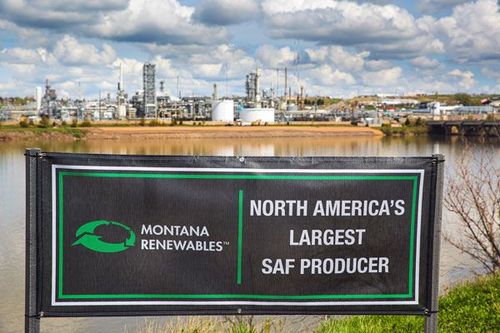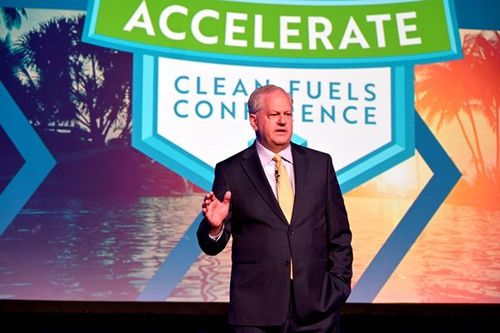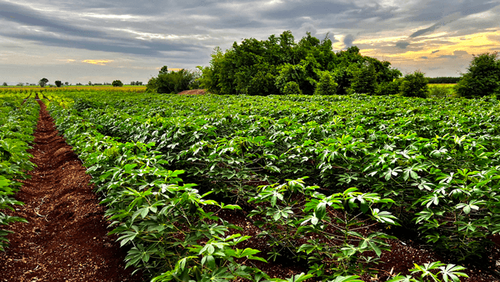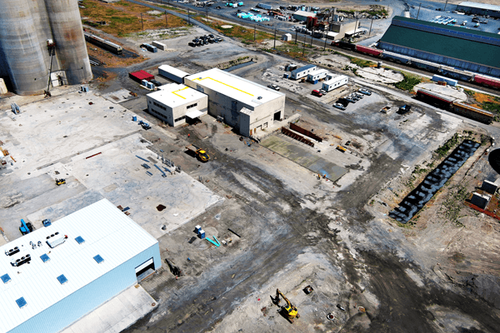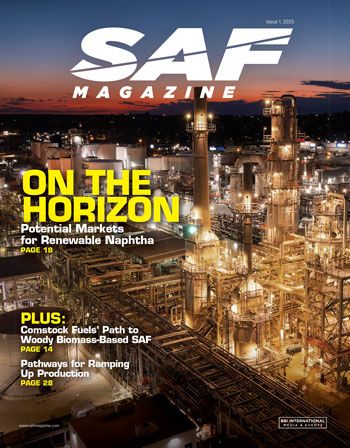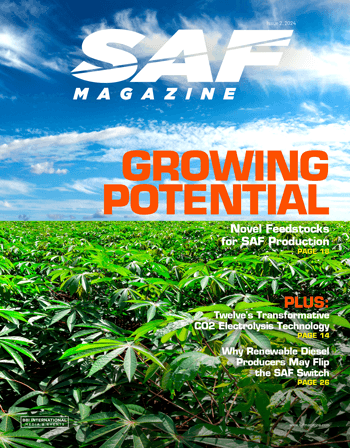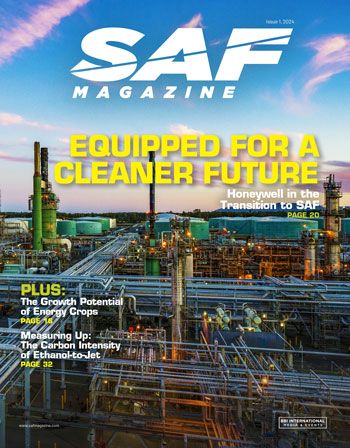Latest News
9 hours ago
EPA releases proposed rule to set 2026, 2027 RFS RVOs, make significant changes to RFS program
By Erin Voegele
The U.S. EPA on June 13 released a proposed rule to set strong 2026 and 2027 RFS RVOs. The rulemaking also aims to limit the participation of imported fuels and feedstocks, eliminate eRINs, and reduce the 2025 cellulosic RVO.
Read More
The U.S. EPA on June 13 released a final rule reducing the 2024 RFS renewable volume obligation (RVO) for cellulosic biofuel to 1.01 billion renewable identification numbers (RINs). The rule also revises RFS regulations related to biogas.
Boeing will invest $17.48 million CAD to strengthen the energy security of Canada and bolster the country’s economic growth. The investments will promote the production of sustainable aviation fuel (SAF).
The White House OMB on June 11 concluded its review of two RFS rulemakings, including a proposed rule to set new renewable volume obligations (RVOs) and a final rule for a partial waiver of the 2024 cellulosic RVO.
The USDA maintained its forecast for 2025-’26 soybean oil use in biofuel production in its latest World Agricultural Supply and Demand Estimates report, released June 12. The estimate for 2024-’25 soybean use in biofuel production was revised down.
Featured Articles
Refining a Cleaner Future
Honeywell discusses its novel Ecofining technology and the company’s role in the future of clean aviation fuels.
SAF Magazine attended Clean Fuels Alliance America’s annual conference in Fort Worth, Texas, in early February.
BioForming Sugar to Aromatics (S2A) technology developed by Virent and Johnson Matthey has enabled the first-ever drop-in 100 percent sustainable aviation fuel (SAF) trans-Atlantic flight by a commercial airline.
Advertisement
Upcoming Events
Podcasts
September 2024
Improving Filter Performance with Invicta
S2 E1 This week's SAF Magazine podcast features John Worrell, Vice President of Sales at Filtration Technology Corporation (FTC). Interviewed by Anna Simet, editor of SAF Magazine. View More.
Advertisement
Current Job Postings







